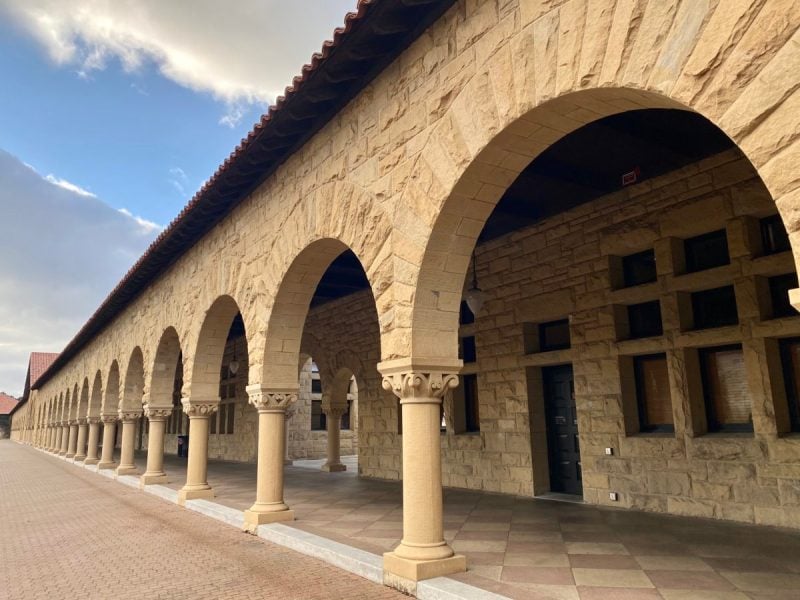Chen Song, a visiting scholar at the University’s neurology department, was charged on Monday with visa fraud for allegedly lying about her employer and covering up her status as an active member of the People’s Republic of China’s military forces.
The criminal complaint, filed on July 17, came as a result of an FBI investigation, according to a statement released by the U.S. Attorney’s Office for the Northern District of California.
According to the complaint, Song was interviewed by the FBI on July 13, 2020, where she denied “any current affiliation with the PLA Air Force, Chinese military, or Fourth Military Medical University.” Song did not respond to The Daily’s request for comment.
University spokesman E.J. Miranda wrote in a statement to The Daily they “have no information beyond what’s in the DOJ release.”
According to the statement, Song lied about her employment at the Xi Diaoyutai Hospital in her J-1 visa application, necessary for participation in work and study exchange visitors programs. The Hospital allegedly served as a cover for employment by the People’s Liberation Army (PLA), the Chinese Military.
Despite stating that she only worked for the Chinese military from 2000 to 2011, evidence from the Federal Bureau of Investigation (FBI) suggests that PLA remained her employer, according to the affidavit. The FBI analyzed articles Song submitted to Stanford in her resume, which according to prosecutors mentioned her affiliation with “institutions subordinate to the PLA Air Force.”
In her 2018 visa application, Song stated that she wanted to come to Stanford as a neurologist to research brain disease. According to the complaint, as a part of the visa application, Song “certified that all of her answers on the form were true and correct,” under the penalty of perjury.
The University’s neurology department faculty, where Song worked, did not respond to The Daily’s request for comment.
According to the complaint, Song began working as a researcher at an unnamed Stanford professor’s lab in 2019. Her anticipated stay was supposed to last a year but was extended to Jan. 6, 2021.
The U.S. Attorney’s Office statement further references a Chinese health care website that lists Song as an attending physician of the Department of Neurology of the PLA Air Force General Hospital, which allegedly shares an address with the Xi Diaoyutai Hospital, Song’s stated employer.
According to Song’s interview, a year of funding for her Visiting Scholar position was provided by the China Scholarship Council, a Chinese Ministry of Education non-profit organization. In 2020, Diaoyutai Hospital is said to have replaced the Council as a source of funding.
More evidence allegedly came from Song’s external drive, said to contain a letter addressed to the Chinese Consulate in New York, which according to the affidavit, admitted that Beijing Xi Diaoyutai Hospital is a false front and said that she had obtained approval for the extension of her stay in the U.S. from the PLA Air Force and FMMU (Fourth Military Medical University).
The proceedings will continue on Tuesday. If convicted on charges of obtaining a visa by material false statements, Song may face up to 10 years in prison and a fine of $250,000.
Contact Anastasia Malenko at malenk0 ‘at’ stanford.edu.
